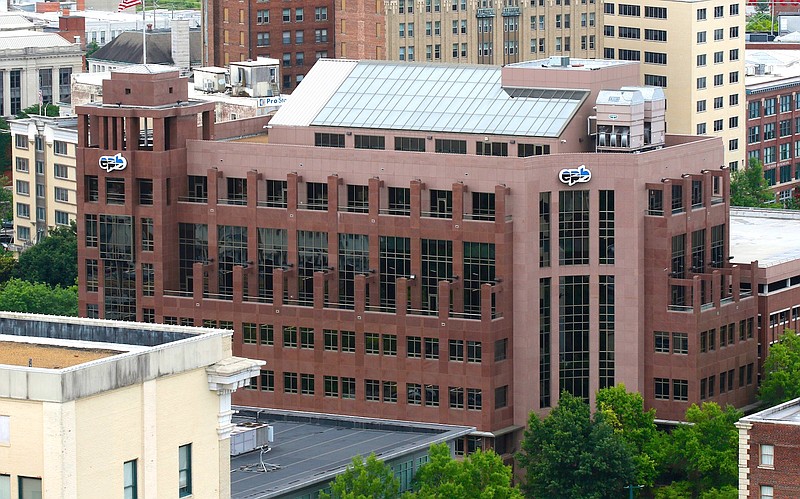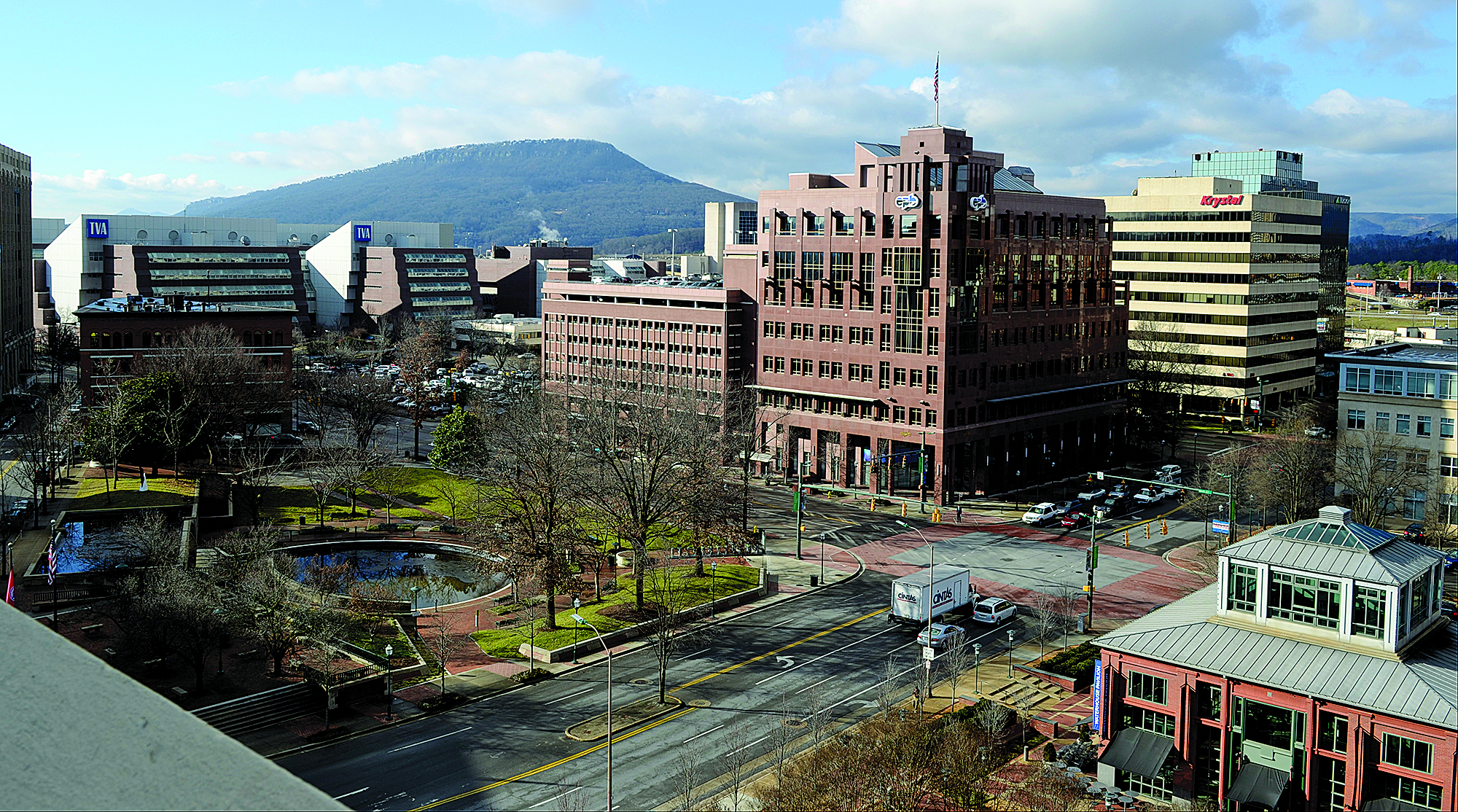After months of arguments and testimony over the status of Chattanooga's electric utility, a Hamilton County judge has ordered that a full trial be conducted to determine whether EPB is an arm of the city or a separate body.
If EPB and the city are judged to be the same, a lawsuit against EPB over alleged over-billing of the city should be dismissed since the city can't effectively sue itself, Hamilton County Circuit Court Judge Jeff Hollingsworth said in a seven-page ruling issued last week.
But if a trial judge or jury determines with a trial that EPB and the city are different, then a lawsuit on behalf of the city by one of its former contractors could proceed.
Global Green Lighting owner Don Lepard, who installed energy-efficient LED lights on many of the city's street lamps before his contract was terminated, claims he discovered that EPB may have overbilled Chattanooga and other municipalities it serves by more than $10 million for what it charged for electricity and maintenance of streetlights over the past two decades. Lepard is suing under the False Claims Act, which allows those who find and help local governments reclaim money due them to share in a portion of that recovery.
EPB acknowledged last year that some of its bills to Chattanooga for streetlights may have contained errors about the type of lights and amount of power used to keep the streetlights on. But the utility has denied Lepard's claims and insists that any overcharges for some types of lights were largely made up for by underbilling for other streetlights.
Before any evidence about any overbilling of the city is considered by the court, however, Judge Hollingsworth said the question of whether EPB may be sued on behalf of the city must be determined.
Thousands of pages of documents, testimony and motions fill nearly two carts given to Hollingsworth since Lepard filed his False Claims Act case against EPB last September.
EPB asked that the case be dismissed with a summary judgment, claiming that EPB is part of the city which created it in 1935 and continues to issue its bonds and be governed by mayoral appointments.
"Plaintiff is a disgruntled vendor, who is improperly seeking to use a legally-defective False Claims Act to strike out at EPB, which he blames for the city's decision not to purchase thousands of additional street lights from the plaintiff's company," EPB attorney Rick Hitchcock said in a motion last year.
Lepard's attorney, Wilson VonKessler, said EPB and its president, Harold DePriest, tried to "slow down the momentum of Global Green Lighting and its new disruptive technology that was going to impact the EPB in a financially significant way." In analyzing the results of its energy saving devices, Lepard said he discovered that EPB's inventory of streetlights upon which it billed the city didn't match up with what was actually on street poles throughout Chattanooga. Lepard said he identified more than $5.9 million of over-billing by EPB to the city of Chattanooga and he said there are millions more that could be owed other cities served by EPB for incorrect streetlight energy charges.
Before any court gets to the merits of those claims, however, Hollingsworth said a trial is needed to judge EPB's legal status.
"A trial date will be set to try the issue of separateness (between EPB and the city)," Hollingsworth said. "If necessary, a trial will be scheduled later to resolve the merits of the False Claim Act."
Hollingsworth dismissed EPB's request for a summary judgment against Lepard's claims. The judge noted that while EPB was created by the city, it also filed to operate as a non-profit corporation.
Court filings also indicate that the city is in negotiations with EPB to resolve the over-billing dispute.
"The fact that the parties were in negotiations also raises an issue of fact on the issue of whether they are separate," Hollingsworth said.
The judge's ruling does not determine EPB's status. That will require another trial.
Lepard and his attorneys declined to comment on the court ruling, according to a company spokesman.
But EPB spokesman J.Ed. Martston said the ruling "is just another step in the process" and EPB's motion to dismiss the case is still pending.
Contact Dave Flessner at dflessner@timesfreepress.com or at 757-6340.

